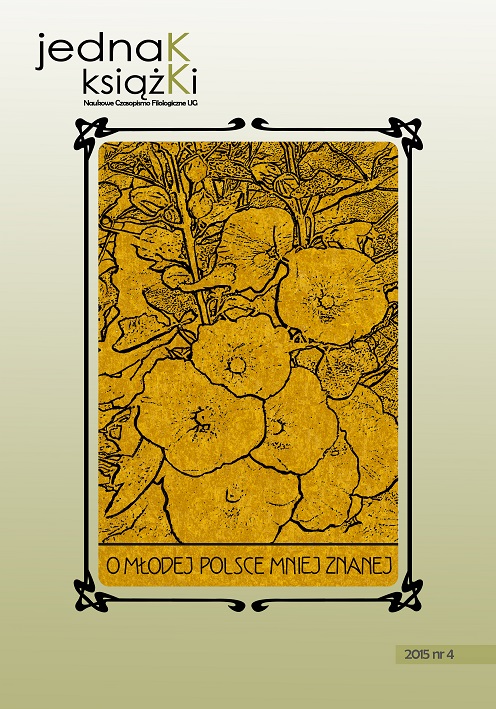Military component of American historical memory: "The Justice" of the Vietnam War
Słowa kluczowe:
war, justice, memoryAbstrakt
Historical memory can be divided into three main levels: collective (national), mass and individual. The ratio between them can be different: the same, overlap or contradicting each other. So when forming the collective historical memory should be made of the three main factors: political order, their own interests’ agents, the desire not to offend or not to initiate an active disagreement from those who have personal experience that has formed an opinion on this period, or event. Memory is expressed in signs and symbols, affecting both the mind and the subconscious mind; it constantly recharges sense of national identity, loyalty lifestyle and righteous actions. The history of society during war clearly identifies basic principles of nature as an individual and society as a whole. The military component is one of the most accurate tests of justice and legality, correctness of life as individuals, social groups and the whole society. Therefore, the study of the formation of national memory, using military experience, allows high accuracy to determine the major features of mentality. For the history of formation of the memory of the American society, exactly the Vietnam War can be called the most striking example of the use of memory about it to prove its creditability.
Downloads
Bibliografia
Appy, Christian. 2003. Patriots: The Vietnam War Remembered From All Sides. New York: Viking.
Bramson, Leon, Goethals, George, ed. 1968. War. Studies from Psychology, Sociology, Anthropology. New York: Basic Books.
Dean, Paul. 1991. The Role of the Press. In: The Vietnam Reader. Ed. by Walter Capps. New York: Routledge.
Dilthey, Wilhelm. 1996. Selected Works, Vol. IV: Hermeneutics and the Study of History. Princeton: Prinston University Press.
Festinger, Leon. 1957. A Theory of Cognitive Dissonance. Stanford: Stanford University Press.
The First Kill. Director: Coco Schrijber. Lemming Film, 2001.
Gil, Dorland. 2001. Legacy of Discord: Voices of the Vietnam War Era. Washington, D. C.: Brassey’s.
Hillstrom, Kevin, Hillstrom, Laurie Collier. 1998. The Vietnam Experience. Westport: Greenwood Publishing Group.
Kinney, Katherine. 2000. Friendly Fire: American Images of the Vietnam War. Oxford: Oxford University Press.
Loewen, James. 1995. Lies My Teacher Told Me: Everything Your American Textbooks Got Wrong. New York: The New Press.
Mosse, George. 1990. Fallen Soldiers: Reshaping the Memory of the World Wars. Oxford: Oxford University Press.
Sabato, Larry. 2013. The Kennedy Half-Century. The Presidency, Assassination, and Lasting Legacy of John F. Kennedy. New York, London: Bloomsbury.
Schell, Jonathan. 2000. The Real War: The Classic Reporting on the Vietnam War. Boston: De Capo Press.
Winter, Jay, Sivan, Emmanuel, ed. 1999. Cambridge: Cambridge University Press.
Wyatt, Clarence 1995. Paper Soldiers: The American Press and the Vietnam War. Chicago: Chicago University Press.
Young, Marilyn. 1991. The Vietnam Wars 1945-1990. New York: HarperCollins; HarperPerennial.
The Vientam Veterans Memorial. The Wall – USA. http://www.thewall-usa.com/
The Virtual Wall. Vetnam Veterans Memorial. Available at: http://www.virtualwall.org/.

 Uniwersyteckie Czasopisma Naukowe
Uniwersyteckie Czasopisma Naukowe




